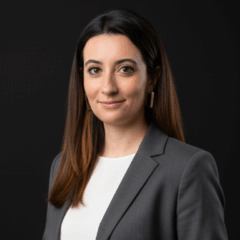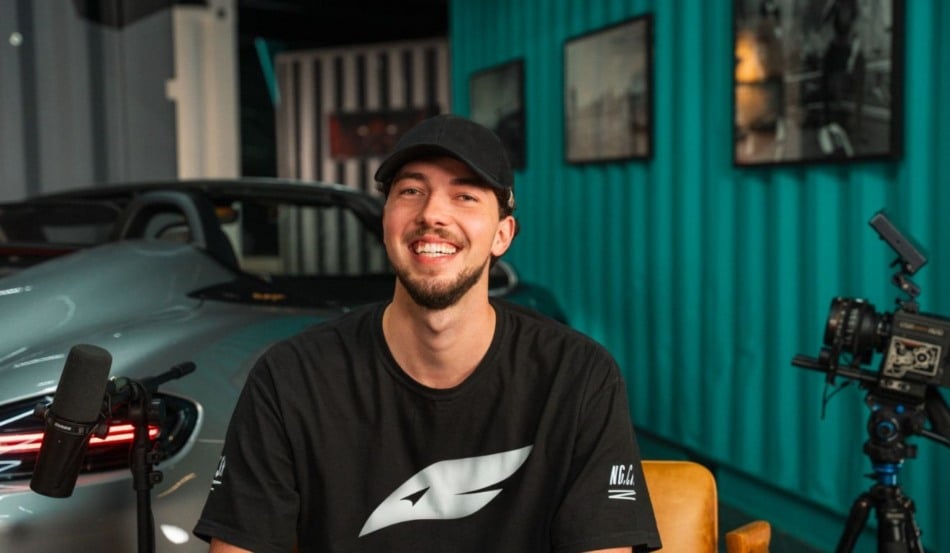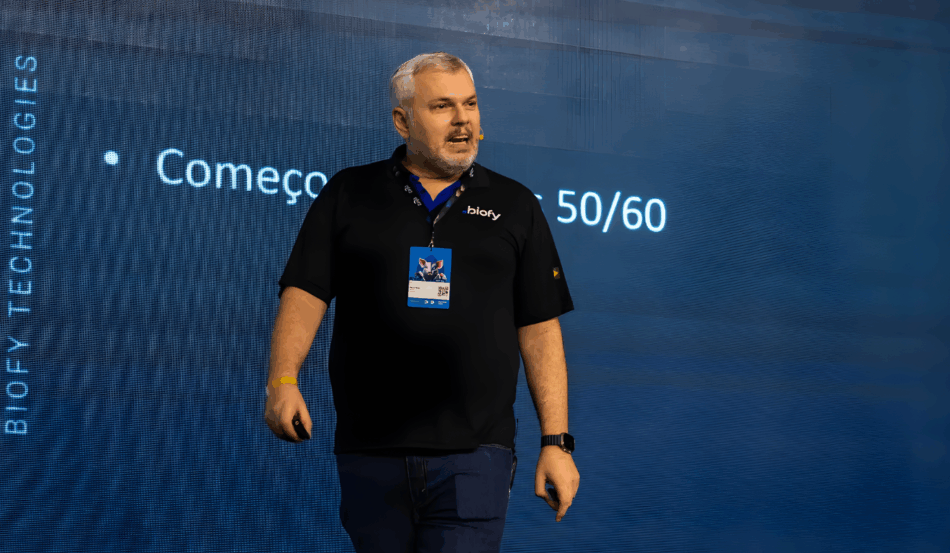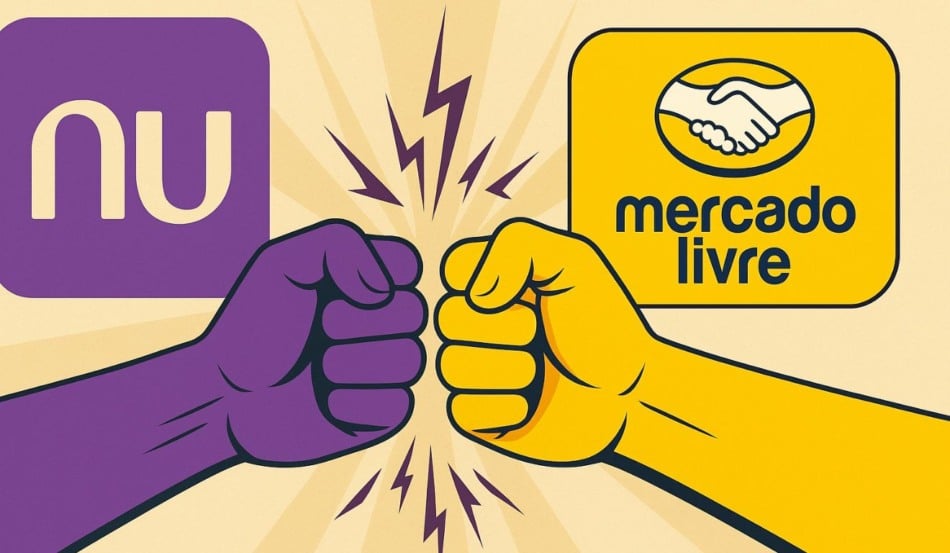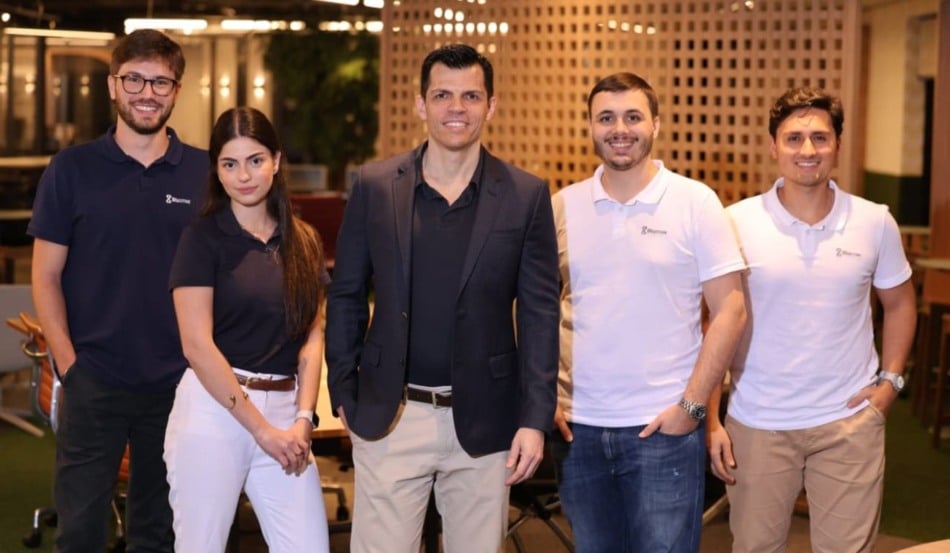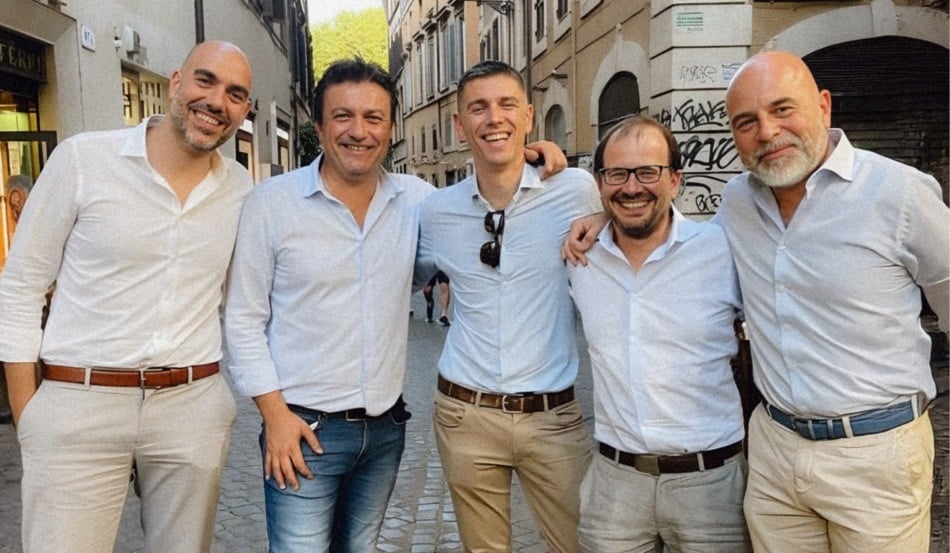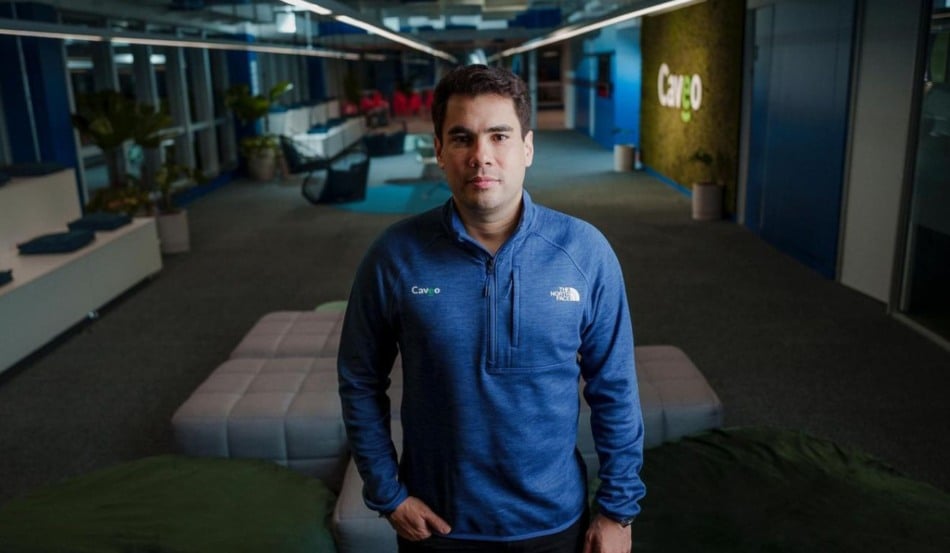
It was a Tuesday afternoon when Brian Requarth emailed some investors. The idea was to sound out the market for a potential round for Latitud, the entrepreneurship platform and rolling fund he founded with Gina Gotthilf and Yuri Danilchenko. Within three days, the founder of Brazilian real estate marketplace ZAP had the proposals on the table to close the first round in support of a business that has only just completed two years of operation. And this was no ordinary raise.
At $11.5 million, that’s a seed round that, by Latin standards, looks more like a series A, or even a series B raise. The round was led by Andreessen Horowitz with the participation of Endeavor, Canary, FJ Labs and NFX. Founders of businesses such as Nubank, Kavak, Rappi, Creditas, dLocal, Bitso, Auth0 and Cornershop also joined as co-investors.
According to Requarth, the idea is to build the foundation for the growth of the Latin American startup market going forward. “With the inflow of capital and the growth of companies, the ecosystem is undergoing a stress test and is about to break, as Yuri says. The infrastructure is outdated, with manual processes that slow everything down. Challenges arise before you even start a business. Someone needs to be that highway that speeds things up,” he argues.
Aspects of the startup journey catered for by Latitud include the start of a business, as well as product distribution, recruitment and fundraising. In order to do that, the firm will develop proprietary products, and also partner with other companies. To support the efforts, Latitud aims to triple its 25-strong workforce in the coming months.
Next Tuesday (5), the company will hold an online event in which it will outline the opportunity to the Latitud community and also open up the opportunity to invest in the operation.
History so far
Latitud was born as a 6-week immersion program aimed at founders and with the participation of names such as Nubank’s founder David Vélez and Sérgio Furio, founder of credit unicorn Creditas. Later, it expanded its operations by creating its own fund, Latitud Ventures, and a training program for angel investors.
It also created Latitud Launch, a product launch platform similar to Product Hunt, and more recently, a service for starting a business in the US, Latitud Go. “We started with the community, supporting the founders, but we always knew that we wanted to have a broader role”, says Danilchenko.
Usually referred to as the “Y Combinator of Latin America”, Brian says that Latitud will actually be the biggest generator of recommendations of new startups for the US accelerator – which held its traditional demo day this week.
Latitud’s estimate is that it has supported more than 800 supported founders who have raised $250 million, a company pool with a collective valuation of $1.5 billion. In the 2 years since its inception, the company received a total of $1 million in investment from its founders.
In the future, Latitud could become a global company, since the problems it solves are similar in regions such as Africa and Southeast Asia. But for now, the idea is to focus on markets from Mexico to Argentina, according to Requarth.
Market scenario
The announcement of the investment comes two weeks after the co-founder of GuiaBolso, Benjamin Gleason, presented his new venture, the fintech Kamino, which also has a goal of supporting founders on their journey. In February, Trace Finance raised a seed round to create a digital account for Brazilian startups in the US.
The round also comes at a time of economic uncertainty that has already begun to affect US startup valuations that will surely mean a “haircut” for Latin businesses in the coming months.
For Danilchenko, these momentary variations are natural and do not affect Latitud’s plans. “We are looking at decades, the long term. If the market dries up in 2 years, it doesn’t matter. In the next 20 years, the top companies in the region will be the companies that are starting today,” he points out.

